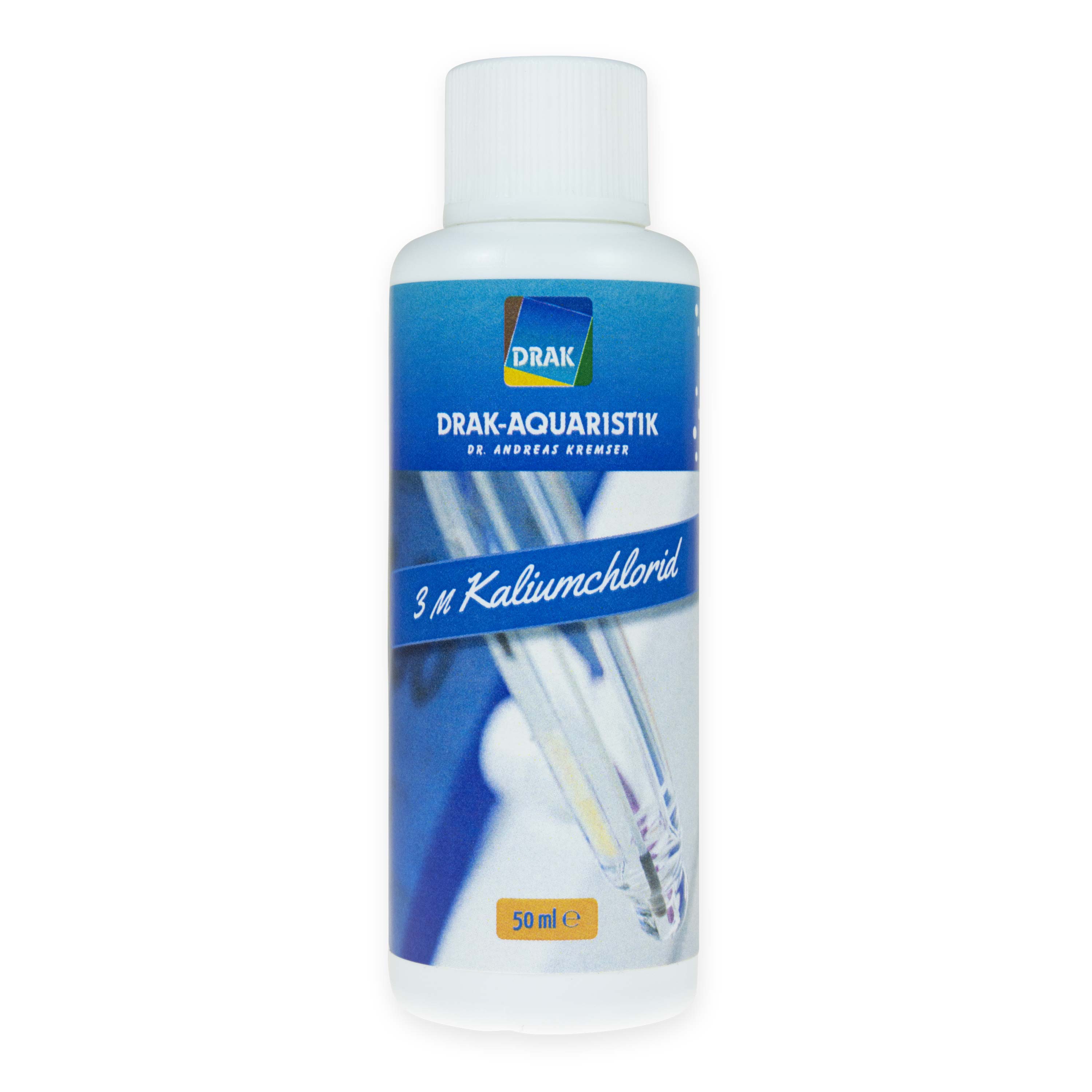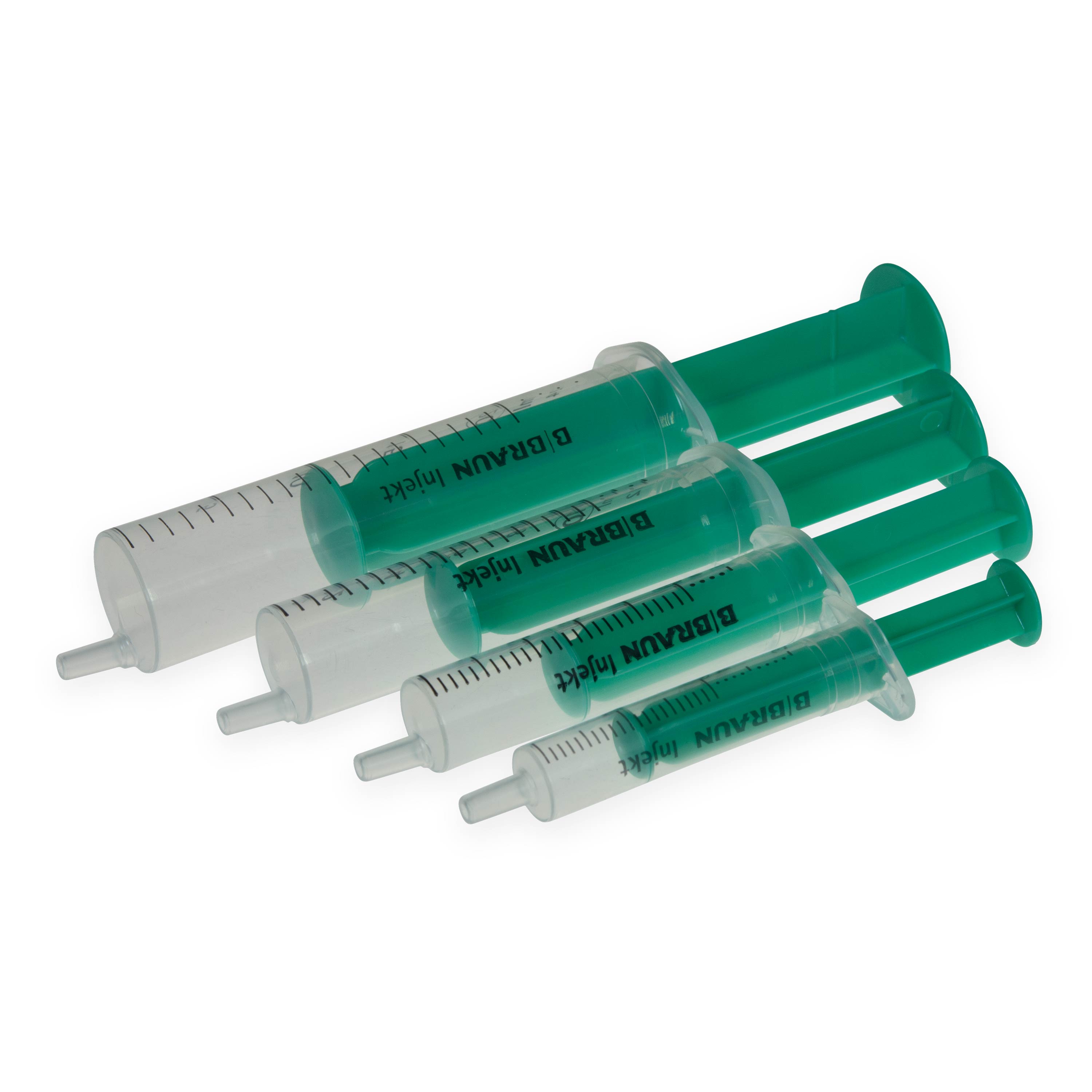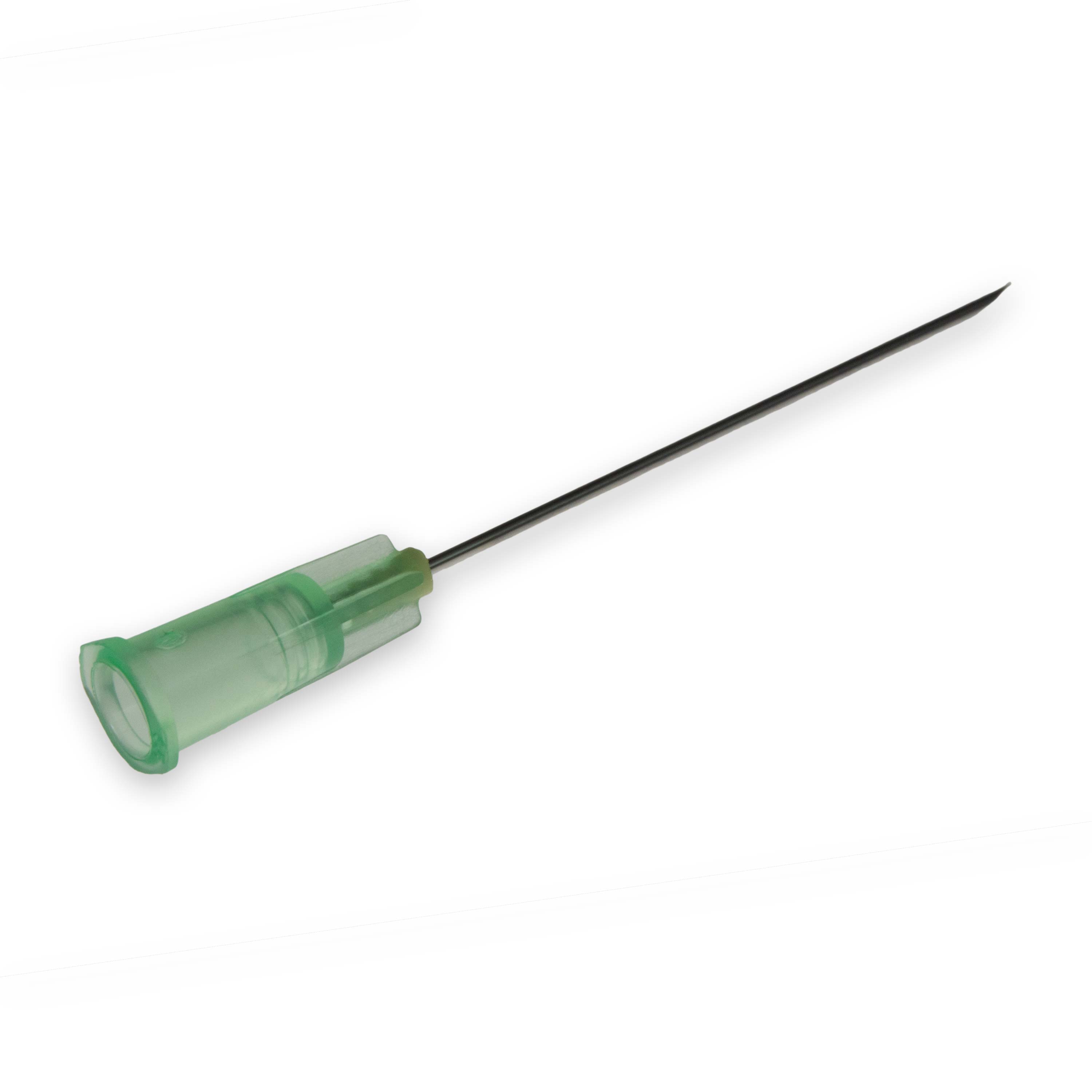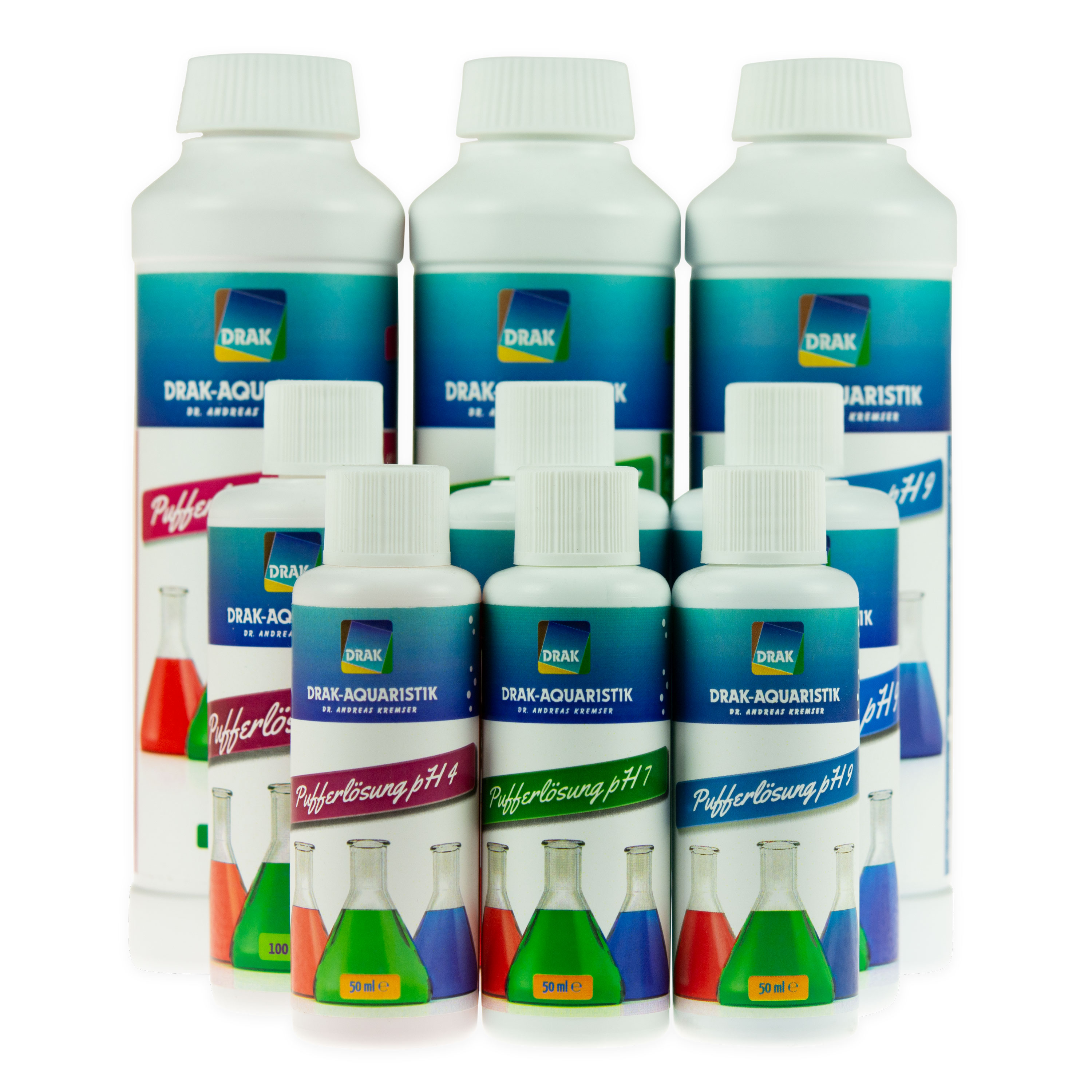€5.25*
Available, delivery time: 1-4 days
For refilling and maintaining of standard pH and Redox combination electrodes (3 molar) or special pH combination electrodes for low ionic water (4 molar - only use when the instructions or the manufacturer explicitly prescribes this concentration!).
Not for refilling of gel electrodes!
Gel electrodes cannot be maintained and are therefore not very suitable for aquatic purposes (continuous measurement!). If they can no longer be calibrated or if they only reach the measured value very slowly, their service life is over and they have to be exchanged for a new part.
One can try to prolong the life of these electrodes by regularly renewing them in a potassium chloride solution. In the case of electrodes which are already quite inert, however, this measure must be repeated at increasingly shorter intervals in order to obtain a useful response.
It has to be mentioned that a fast response is typically not really necessary for long-term measurements, since the pH-assisted control of the CO2 content is a very slow event anyway and therefore a few minutes here or there are not significant.
The function of all other electrodes can be supported by refilling or exchanging the potassium chloride electrolyte.
Normally, and in the majority of cases, 3 molar solutions are used, but special electrodes with 4 molar or saturated electrolytes are also available for low-ion media.
| 3 molar | 22.37 g potassium chloride (KCl) / 100 ml solution |
| 4 molar | 29.82 g potassium chloride (KCl) / 100 ml solution |
| Saturated (at 20 °C: 4,61 molal) | 34.40 g potassium chloride (KCl) / 100 g of water |
For the production of the KCl solutions, we only use potassium chloride of a p.a. quality.
Cleaning
In continuous operation in an aquarium, electrodes tend to get a biological “fur” (biofilm) over time. A bacterial layer forms, which makes the measurement sluggish and incorrect, in the worst case, the electrodes could even be colonized by algae.
To remove protein-containing deposits, cleaning solutions have been developed which are modelled on our stomach lining. They contain pepsin and 0.1 molar hydrochloric acid (pH ~ 1) and remove proteins resulting from the decomposition of protein-containing substances in the aquarium. Many bacteria and algae, however, themselves surpass this treatment relatively unscathed.
According to our experience, there is a favourable and effective alternative, which does not harm the electrode when used in the short-term and which has been shown to kill and detach bacteria and algae.
The electrode is placed in a 6 % hydrogen peroxide solution for 15 min. It is sufficient to repeat this treatment every 4 - 6 weeks.
The regeneration test with dilute hydrofluoric acid or ammonium bifluoride solution remains as an ultimo ratio for electrodes which hardly react. This treatment should, however, be left to the experts, not only because, in the case of incorrect or unrequired application, more damage can be caused to the pH electrode, but also burns due to hydrofluoric acid (even dilute) are among the worst injuries that can be caused from using chemicals! Tissue is destroyed by precipitation of essential calcium. Such wounds are very deep and extremely long-lasting to treat and heal. As a first antidote, when working with hydrofluoric acid at least one vessel should be provided with a solution of a calcium salt (it acts by the formation of sparingly soluble CaF = fluorite). It is best to use salts that are easily absorbed by the tissue that have organic anions such as, for example, calcium gluconate.
Login
Enquiry form
Send us an e-mail. We look forward to hearing from you.






